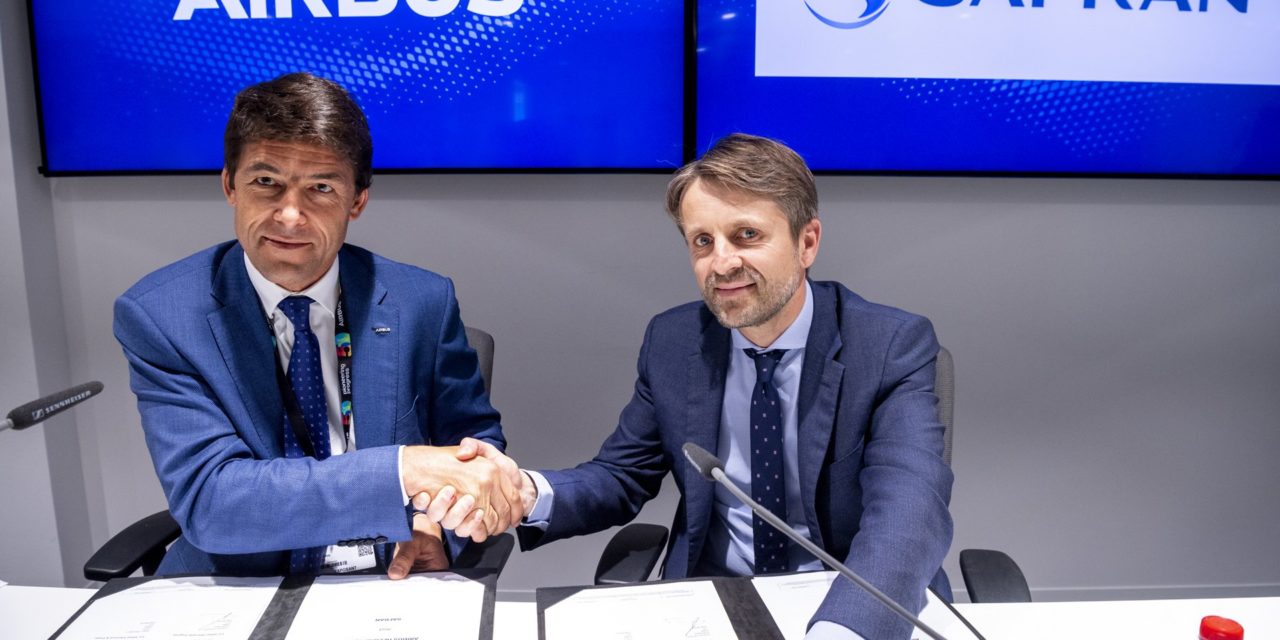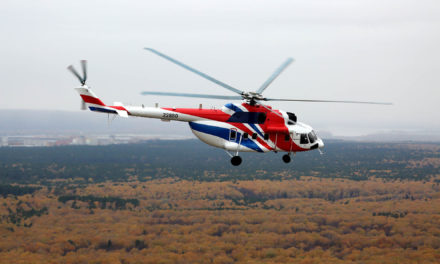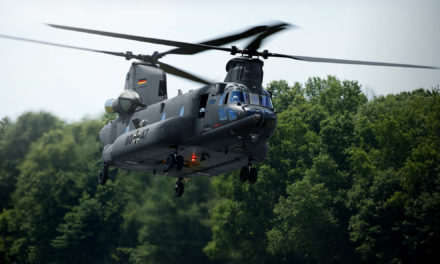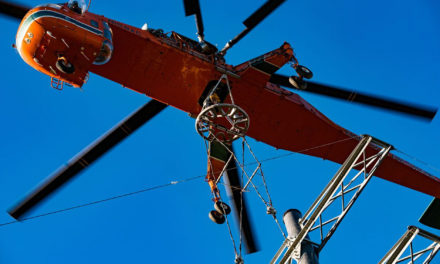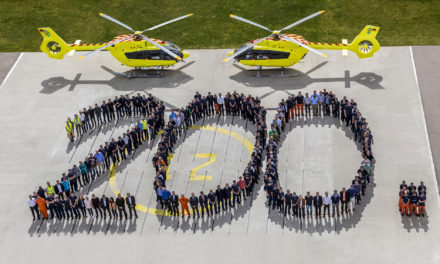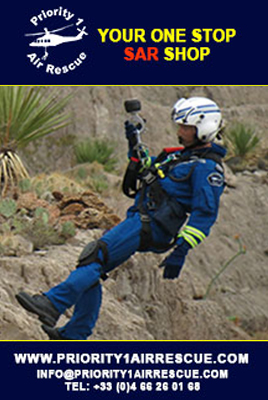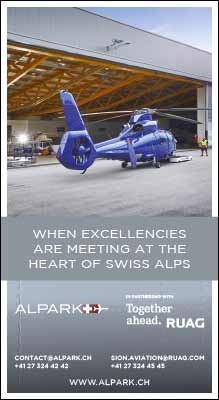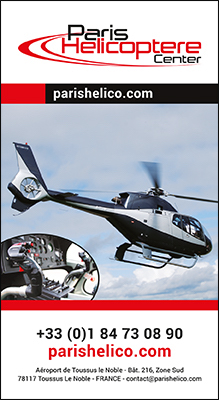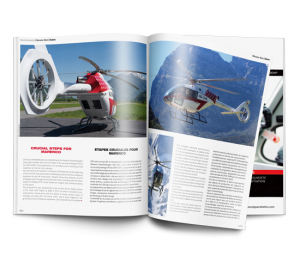Global industry leaders sign innovation cooperation agreement in preparation of Horizon Europe research programme.
Airbus Helicopters, the world’s largest civil helicopter manufacturer, and Safran Helicopter Engines, the global leader in helicopter turbines, are teaming up to prepare the future of cleaner, quieter and more efficient vertical flight, ahead of the upcoming Horizon Europe research programme which should be carried out during the next decade.
A Letter of Intent (LoI) was signed at the Paris Air Show between the two companies. They formalised their willingness to jointly demonstrate future technologies that will significantly contribute to the reduction of CO2 emissions and sound levels for future vertical take-off and landing (VTOL) platforms. A number of technological streams will be investigated, including various levels of electrification, higher-efficiency gas turbines or alternative fuels, as well as advanced engine architectures to further reduce the acoustic footprint of turbines.
Greener and quieter
“We are on the verge of a green revolution in our industry, and as the world’s largest civil helicopter manufacturer I believe it is our responsibility to advance technologies and solutions that will continue to make vertical flight the best choice to connect cities and carry passengers safely in urban environments,” said Bruno Even, Airbus Helicopters’ CEO. “This future cooperation with Safran Helicopter Engines will ensure that we are in the best position to leverage and mature new propulsion methods that will support the development of cleaner and quieter helicopter platforms. The Horizon Europe programme is the ideal solution to pull skills and know-how from across Europe, and I strongly believe in its ability to drive long-lasting change in our industry.“
Airbus Helicopters and Safran Helicopter Engines have worked for years on the development of advanced propulsion solutions. It includes an innovative electrically-powered “eco mode” enabling the pausing and restarting of a gas turbine in flight on twin-engine helicopters. This technology, which will generate fuel savings and increase range, will be tested on the Racer high-speed demonstrator, developed in the frame of the Clean Sky 2 European research programme.

